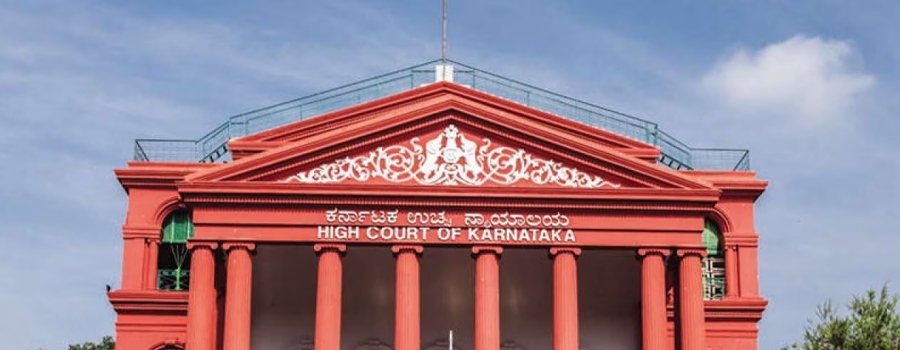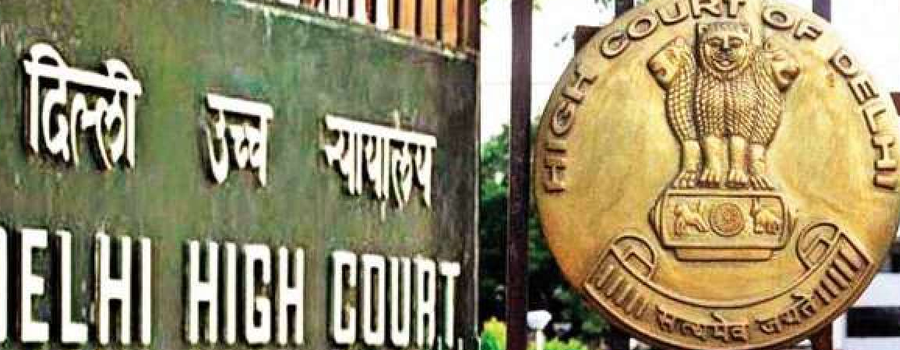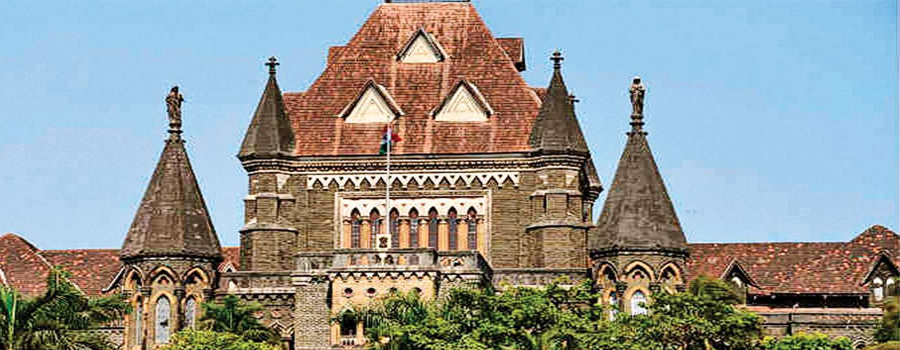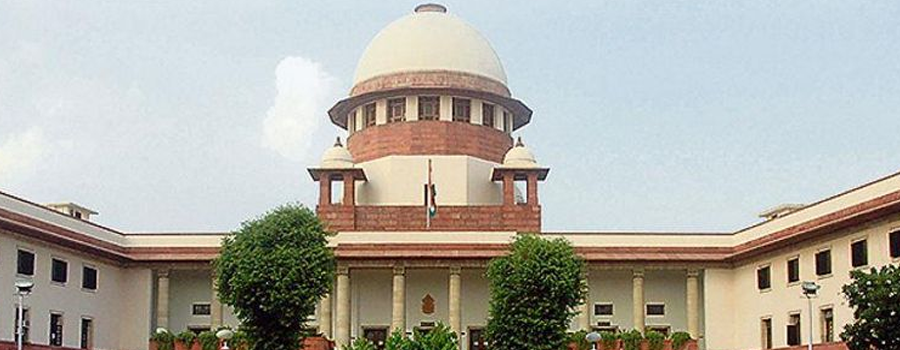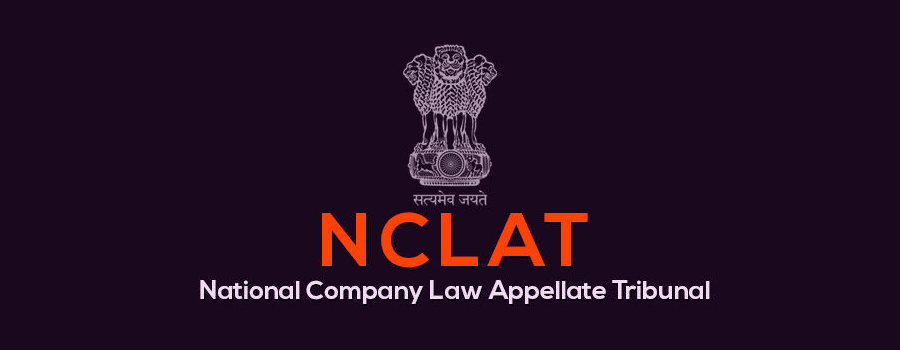The rules of the Bar Council of India prohibit law firms from soliciting work or advertising in any manner. By clicking on 'I AGREE', the user acknowledges that The information provided in the website does not amount to advertisement and the user merely wishes to gain more information about KK Sharma Law Offices, its practice areas and its attorneys, for his/ her own information and use;
The information is made available/ provided to the user only on his/ her specific request and any information obtained or material downloaded from this website is completely at the user's volition and any transmission, receipt or use of this site is not intended to, and will not, create any lawyer-client relationship; and none of the information contained on the website is in the nature of a legal opinion or otherwise amounts to any legal advice. Thus KK Sharma Law Offices will not be liable for any consequence of any action taken by the user relying on material/ information provided under this website.




